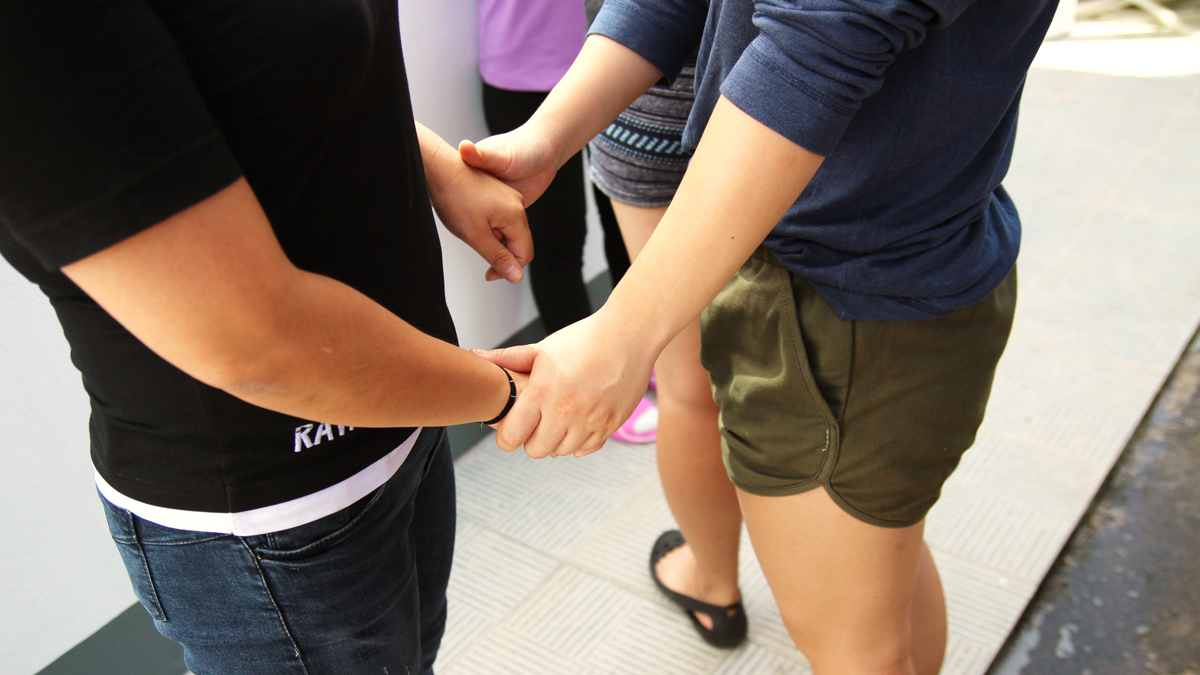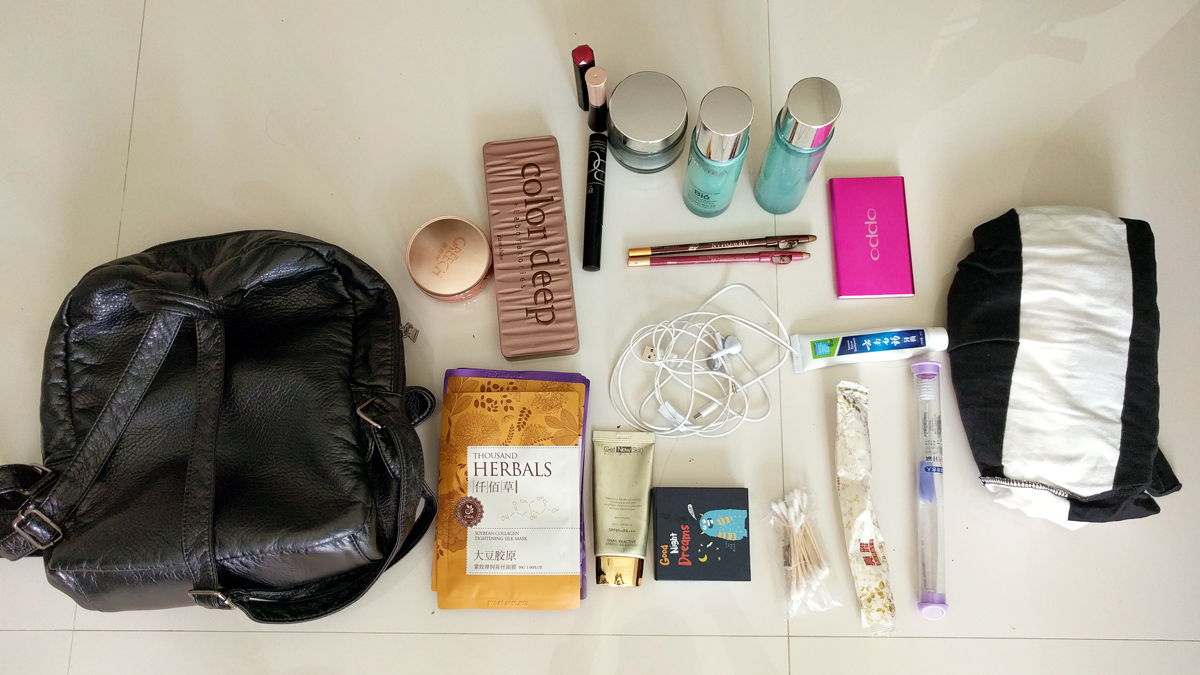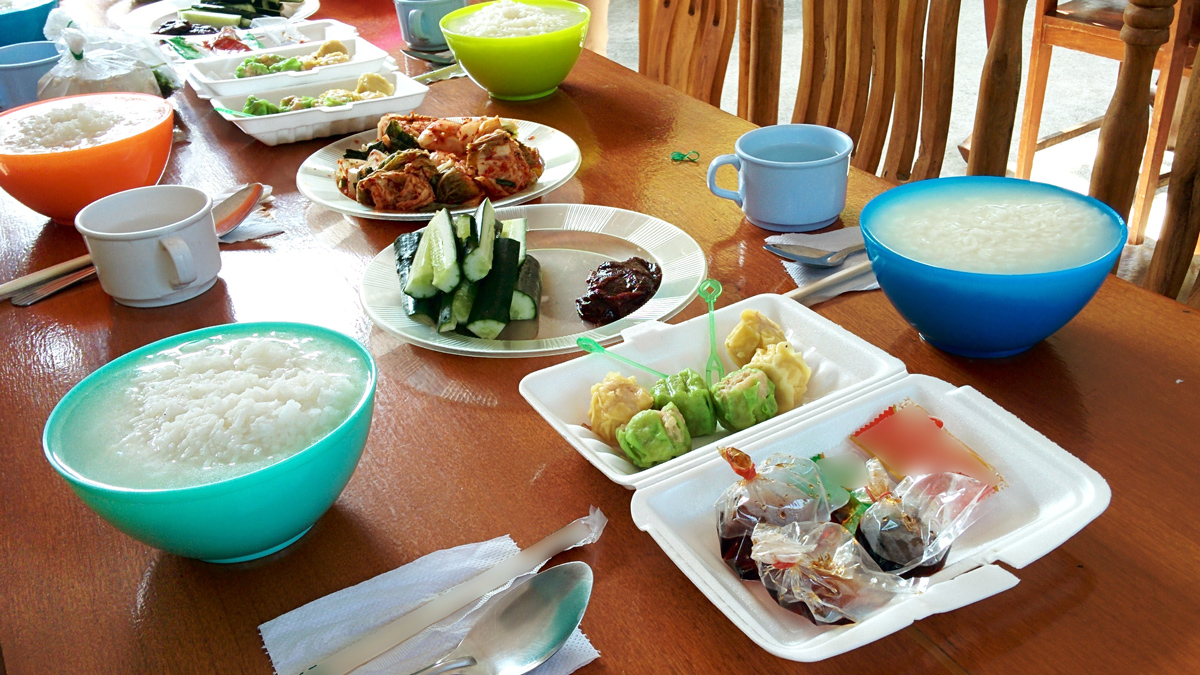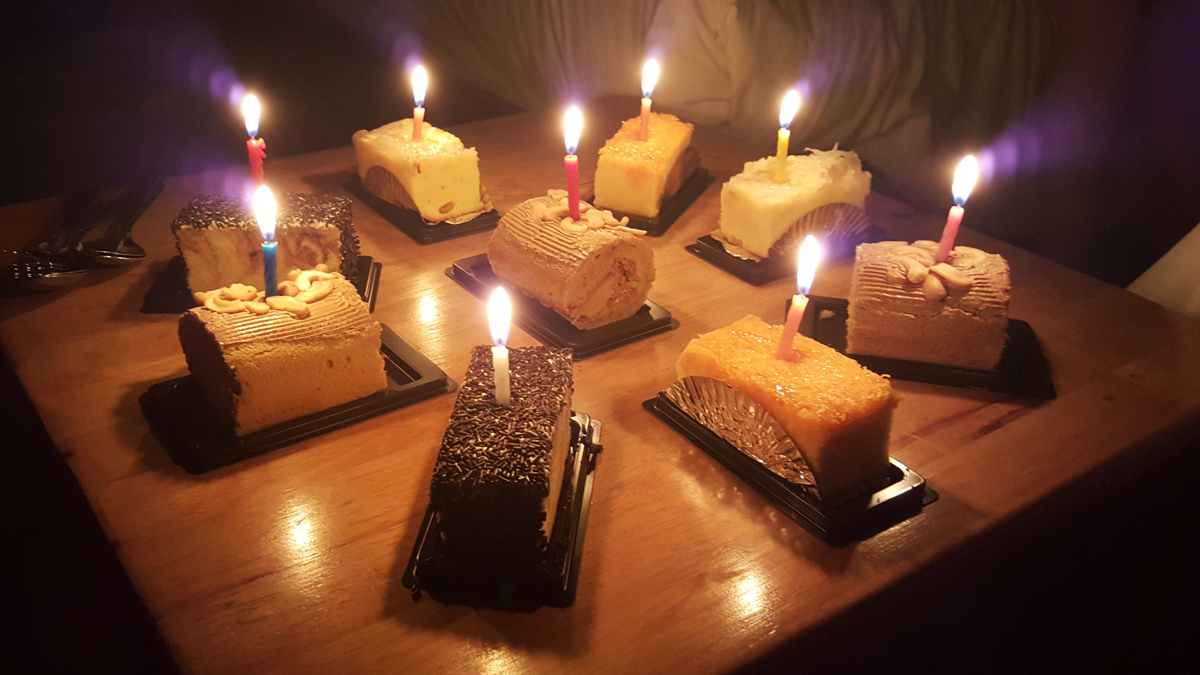Walking Forward with Brightness | Joseph’s Story: Part 2

That semester, for the first time in my life, I received an academic award for excellence and made the dean’s list at school. I went on to graduate from high school and study political science at Bard College. After my undergraduate studies, I had the honor to work for former President George W. Bush, who had made it possible for me and other North Koreans to come to America as refugees. Over the years, he has became a personal role model and friend.
Today, I am pursuing a master's degree in Public Administration at the Kennedy School of Government at Harvard University. At Harvard, I’ve met people from all different walks of life. When I met students on government scholarships or born into generational wealth, I did not envy them because I have a dream that is bigger than me and bigger than my life.
But when I met a classmate from Ghana, it was the first time I felt envious. He said, "Kim, I’m learning so much here, and I can’t wait to take these skills and knowledge back home to improve my country after graduation."
I envied him for having a home he could return to. For having the opportunity to try, fail, fail again, and eventually make a difference in his homeland.
I, too, dream of the day when I can finally return to North Korea—when it is a place where every man, woman, and child is free to live with dignity, to learn about the world, and to shape their own identity - one that is not given or defined by the government.

In a free North Korea, I dream of returning to my home in Hoeryong—the last place we were a family together, to see if the pear tree my father had planted is still there.
In a free North Korea, I dream of teaching high school students in my hometown and caring for orphans. My students will attend Harvard University and be able to say, “I’m learning so much, and can’t wait to use these skills to improve my country.”
I know that my dreams might sound impossible, but being here in the US, sharing my story with you should have been impossible. You’re looking at someone who survived a famine, escaped North Korea in broad daylight; an elementary school drop out who is attending the best university in the world, and a former refugee who today serves on the board of the organization that helped him reach freedom.
Since its founding, LiNK has helped nearly 1,400 North Koreans escape to freedom. These aren’t just numbers—they are people like me. Individuals and families whose lives were transformed and whose future generations will only know what it means to live in freedom.

Thank you for standing with us, for your unwavering commitment to the protection, rescue and resettlement of North Korean refugees, and for investing in our future through programs that equip our community with skills and confidence to define our own success and contribute to the change we dream of for North Korea.
No organization has done more to partner, support, empower, and believe in the North Korean people than Liberty in North Korea. It is truly a special organization, and I don’t say this because I have to, now that I sit on the board. To do the work that we do requires an immense level of trust and respect, which begins from the moment North Korean people connect with LiNK and is evident through the actions of the staff, the wisdom of the board, the passion of student chapters, and the incredible commitment of our donors.
From afar, North Korea looks like a country as dark as the sea at night. But it is not a land of darkness, merely a land with darkness. There is suffering and hardship, but there is also unimaginable beauty, immeasurable resilience, and 25 million people who have to choose hope every day.
I know that the journey to freedom cannot be made alone. I am no longer a child. I am wiser today. But that doesn’t mean I have everything figured out. I choose to walk forward not because of the things I am certain about, but in spite of everything I am uncertain about. I choose to walk forward with brightness and hope—for my family, for my people, and for my homeland.
And I hope you will walk with me until finally, we can walk into a free North Korea together.
Read part 1 of Joseph’s story about his escape and arrival in the United States

In freedom, Joseph’s constant striving has led him down a path of extraordinary achievement. Yet in his mind, each opportunity was just the next best way for him to grow his capacity to work on this issue. To have him join the organization's Board of Directors as the first North Korea-born member is truly a full circle moment.
The North Korean people have the same brightness and potential as Joseph. Help make this kind of story possible for more of them.
Women’s History Month: Honoring the Bravery of North Korean Women
By: Jennifer Kim
Jennifer* is Liberty in North Korea’s Field Manager. Over the years, she’s carefully stewarded our secret rescue routes and helped countless North Korean refugees reach safety and freedom.
Approximately 70% of North Korean defectors are women. Throughout their journey, they face unimaginable challenges, including human trafficking, confinement, and sexual violence.
For Women’s History Month this year, we asked Jennifer to share her experiences supporting North Korean women who have made the brave decision to escape, and bring light to the stories of real people behind the numbers and statistics.

A Transformative First Mission
When I first began this line of work, I was filled with both excitement and anxiety. “Will I be able to connect well with these people?” “Will the field be too dangerous?” Even in my position as a staff member, there were times when the situations we encountered felt riskier because I was a woman.
On my first mission, the group we brought to safety were all women. From their small requests, like asking for sanitary pads, to moments where they cautiously shared their harrowing experiences of human trafficking in China, I found that we could connect on a deeper level because I was also a woman. I realized my role wasn’t just to be a staff member, but to stand by these people as they needed me, as a fellow woman. From then on, the fear I had initially felt about this work transformed into conviction.
North Korean Women At the Forefront of Resistance and Survival
After meeting many North Korean women defectors, I’ve come to learn that there are unique challenges and experiences that only they face. Women in North Korea are not as restricted to job assignments as men, so they’re the ones actively engaged in informal economic activities. They’re running their own black-market businesses and trading smuggled goods, shifting economic power from the regime into the hands of the ordinary people.
Women also make up the majority of North Korean defectors at over 70%. In freedom, they’re leading advocacy efforts and raising awareness for this issue.
I've come to think that perhaps women in North Korean society were the first and most desperate to stand up in resistance.

At the same time, the reality is that women are more vulnerable to gender violence and crime. The moment they cross the North Korean border and set foot on Chinese soil, their precarious legal status and the fact that they are women become risk factors that can lead to human trafficking, sexual exploitation, and forced prostitution. If these dangerous situations lead to pregnancy and childbirth, women often remain in China for years, even decades, weighed down by the conflicting emotions of their longing for freedom and their maternal instincts.
All of the women I met during my first rescue mission were survivors of being trafficked into forced marriages. While there are some cases where these women meet kind families and live in a relatively less dangerous environment, most have to endure difficult lives. One woman who we rescued in 2024 said that in the early stages of her life in China, she was confined and tied up in a single room by the man who bought her. Others had to do forced labor in one of China’s many factories.
Not a News Story, But a Person’s Story
About ten years ago, I watched a video of a woman my age testifying about the hardships and sexual violence she experienced during her defection from North Korea. As a South Korean, I couldn't believe that such things were happening just across the border. Shocked and ashamed of my indifference, I cried for a long time, then resolved to do something.
North Korea used to be something I only saw and heard about through a TV screen. Now those distant news stories have become the personal experiences of the North Korean mothers and friends I’ve met in the field.
At first, I simply wanted to help as best I could. But as time went on and I met more North Koreans, my perspective gradually changed. Now, I feel like I'm not so much ‘helping’ as I am meeting incredible superwomen who have overcome tremendous adversity.
My role is to constantly remind them of their resilience and potential, so they don't forget it themselves.

“This is My First Time Being Treated Like a Queen”
After a successful mission, our team ensures our newly arrived North Korean friends have a proper meal, get some rest, and receive basic necessities. On one occasion, one woman told me, “This is the first time in my life that I have been treated like a queen.”
She had just reached freedom after ten years in a forced marriage to a Chinese man. Her words resonated with me deeply. I realized once again that our work isn't simply about helping people achieve physical freedom; it's about restoring a person's forgotten dignity.
That woman has since resettled in South Korea and runs a small shop. She’s continued to stay in contact with LiNK, sharing updates about her life. One day, she shyly announced her marriage. She’s starting a new chapter with a person she chose and wanted.

Walking Together In Solidarity
Through the friendships I’ve made and stories I’ve witnessed in the field, my connection to this issue has deepened over time. These women aren’t just “nameless” North Koreans, but people like us, living their daily lives; someone’s daughter, sister, or mother. I didn’t set out to do this work for over a decade. But day by day, hearing each story, meeting each person, and holding their hands has naturally led me down this path.
Listen to their stories, and I believe that you too will encounter a heart for the North Korean people.
– Jennifer Kim, LiNK Field Manager
*Jennifer is a pseudonym used to protect our field manager’s identity and avoid compromising this work.

Help North Koreans Win Their Freedom
From inside the country to on the global stage, North Korean women are driving change on this issue. Driven by necessity, desire to care for their loved ones, and aspirations to forge their own path in this world, their pursuit of freedom is both intentional and instinctive.
Liberty in North Korea doesn't just extend a helping hand to North Korean refugees—we’re cultivating the next generation of North Korean leaders, entrepreneurs, and advocates, and doing this work alongside them.
Become a monthly donor today at $20 per month to help more North Koreans reach safety and gain full authorship of their lives in freedom.




